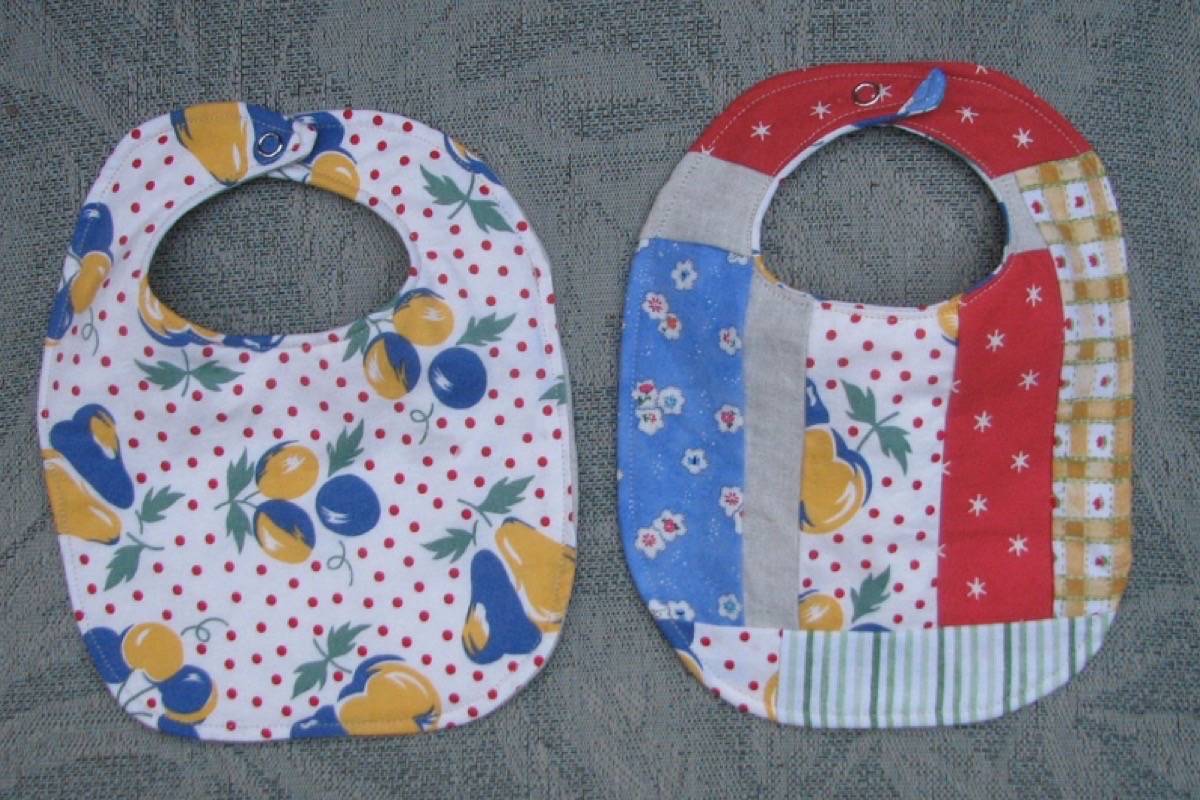Baby bibs, mats and blankets tested by scientists with NAFTA’s environmental arm contain toxic chemicals linked to higher rates of cancer, infertility and suppressed immune systems — substances already banned from most other products in Canada.
Muhannad Malas, the toxics program manager at Environmental Defence, says the Commission for Environmental Co-operation study shows it’s time to do away with the federal exemptions that allow the use of such chemicals in clothes and other textiles.
The chemicals, known broadly as PFAS, are synthetic substances created in the 1950s and used for a number of purposes in consumer and industrial products, including fire resistance, non-stick surfaces and in stain and water-resistant fabrics.
The study, which looked at products in Canada, Mexico and the United States, found the chemicals present in 86 per cent of the tested baby bibs, blankets, outdoor jackets, children’s snowsuits, winter gloves, cycling clothing, waterproof pants and weightlifting gloves available north of the border.
READ MORE: Health Canada recalls plush bunnies sold at Dollar Tree
Malas says many of the products are billed as being BPA-free, lead-free or made of organic materials, making them seem safe without providing consumers with all the information needed to make an informed decision.
He says he wants Environment Minister Catherine McKenna, whose department is reviewing the federal legislation that governs toxic chemicals, to either ban the substances from clothing or require more detailed labelling to better inform consumers.
The Canadian Press



